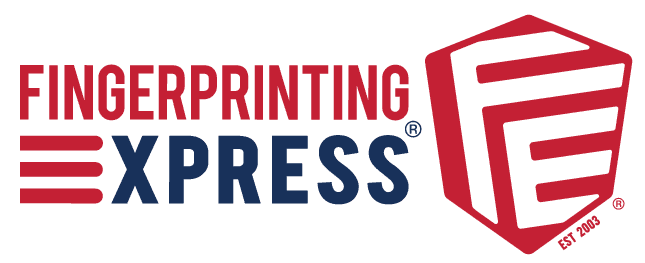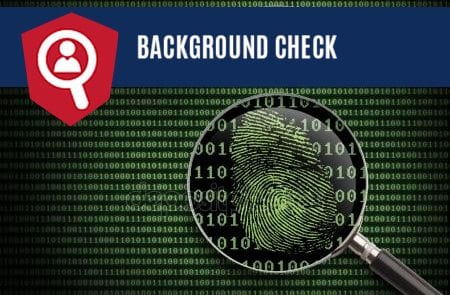Fingerprinting Express is an approved private site vendor for fingerprinting individuals for ATF (Alcohol, Tobacco, Firearms, and Explosives) fingerprints & FFL (Federal Firearms License)
ATF/FFL fingerprinting and photos are available at any Fingerprinting Express location.
We have decades of experience fingerprinting for the ATF and FFL. We have the ability to provide FD fingerprint cards with hard copy photos and we can provide fingerprints in the EFT file with photos on a USB.
Getting your ATF fingerprints with the EFT file conversion can take some time to convert. If your fingerprints are taken on weekdays before 5pm PST you will receive the USB at the same visit. If your fingerprints and photo are taken after 5pm on weekdays, on weekends or holidays, you may pick up your USB the following business day.
Q: What do I need to bring with me for ATF fingerprints?
A: Bring a valid government-issued ID and payment is accepted via cash, credit debit and tap pay. We will provide the rest!
Q: What is ATF fingerprinting?
A: ATF fingerprinting refers to the process of collecting fingerprints and a photo for individuals involved in activities related to alcohol, tobacco, firearms, and explosives. It helps in identifying and verifying the identities of individuals in the context of ATF/FFL investigations.
Q: What is the ATF/FFL fingerprinting process?
A: We verify your identity and take your photo. We ask that you verify your data is correct and we place your fingerprints on your record. We convert the fingerprint file to the EFT file accepted by the ATF website for uploading. We place the file on a USB and you can upload your file to the ATF directly or you can share your file with your dealer to upload on your behalf.
Q: Why does the ATF collect fingerprints?
A: The ATF collects fingerprints as part of their regulatory and enforcement efforts as there are disqualifying crimes to prohibit certain individuals from accessing unauthorized items. By collecting fingerprints, they can establish the identities of individuals, conduct background checks, and maintain a database for investigative purposes.
Q: How does the ATF collect fingerprints?
A: The ATF typically collects fingerprints using standard fingerprinting techniques, such as FD258 fingerprint cards or electronic fingerprint scanners. These methods ensure accurate capture and recording of an individual’s unique fingerprint patterns and should be done by a trained professional.
Q: Are ATF fingerprints used for criminal investigations?
A: Yes, ATF fingerprints are used for criminal investigations. When a person applies for licenses or permits related to alcohol, tobacco, firearms, or explosives, their fingerprints are taken and scanned against criminal databases to produce a Criminal History Report.
Q: How far back does the ATF Criminal History Report go?
A: The ATF Criminal History Report will report all the way back to age 18, or if a minor was charged as an adult.
Q: How long does the ATF keep fingerprints on file?
A: The ATF may retain fingerprint records indefinitely however; the EFT upload is only valid for 12 months. The ATF may maintain a historical record of individuals involved in ATF-regulated activities and to cross-reference fingerprints in future investigations.
Q: Can individuals request a copy of their ATF fingerprints?
A: Yes, individuals can request a copy of their ATF fingerprints by submitting a Freedom of Information Act (FOIA) request to the ATF. The request should include the individual’s personal information and the reason for the request. An easier route would be to request an FBI Express report from Fingerprinting Express and see the results within 24 hours, for an additional fee.
Q: Can other private employers and agencies use ATF fingerprints?
A: No, ATF fingerprints cannot be shared with other private companies or agencies. You must get a separate set of fingerprints for personal reports, employment, adoption and licensing purposes.
Q: Are ATF fingerprints stored in a national database?
A: Yes, ATF fingerprints are stored in a national database known as the National Integrated Ballistic Information Network (NIBIN). This database enables law enforcement agencies to access and compare fingerprints across the country, aiding in the identification of individuals involved in criminal activities related to alcohol, tobacco, firearms, and explosives.






















